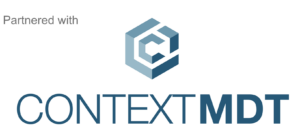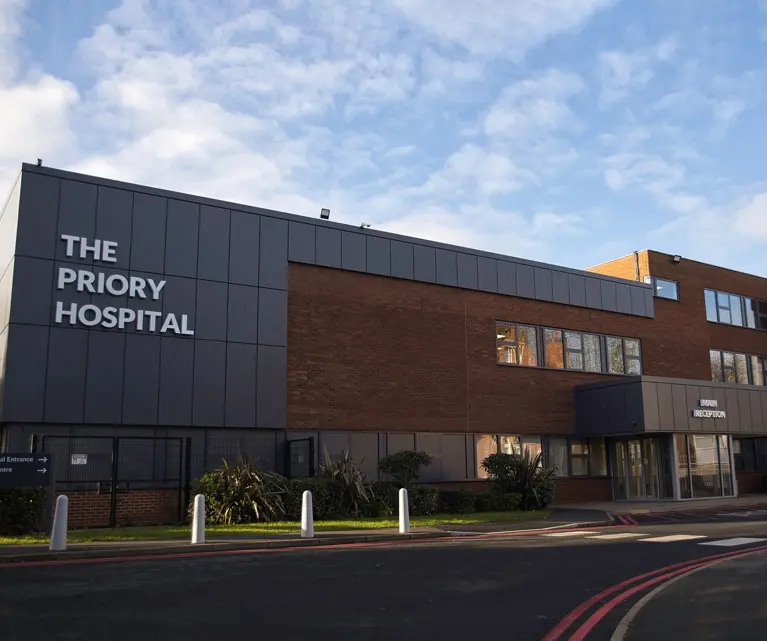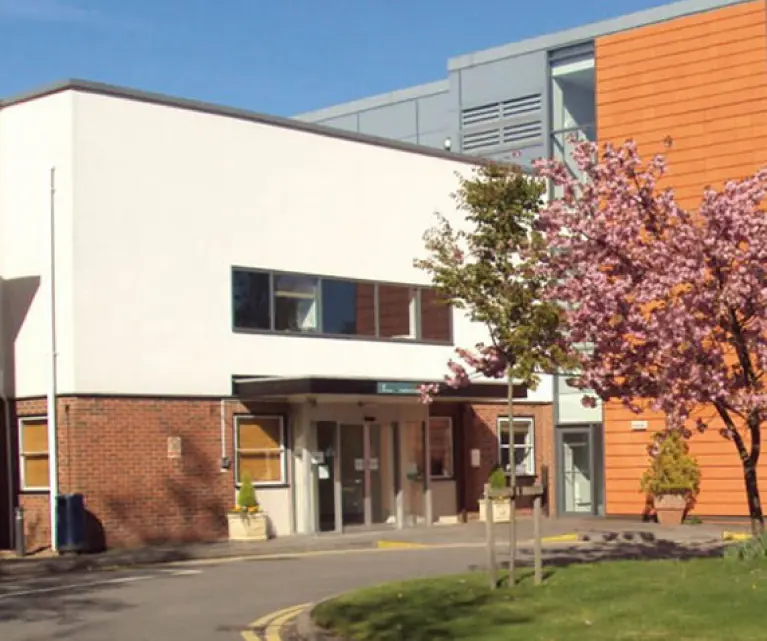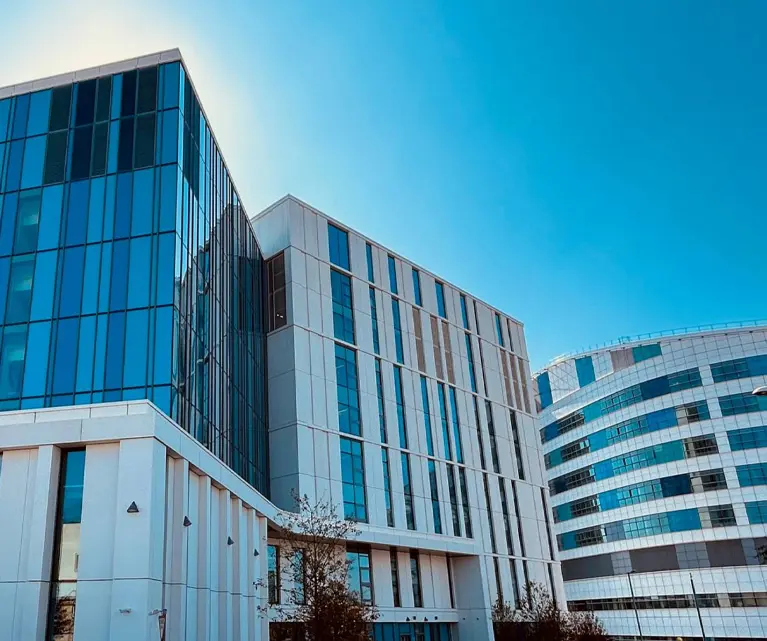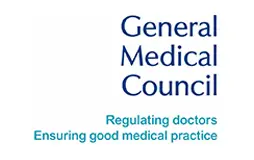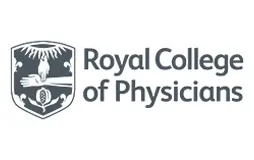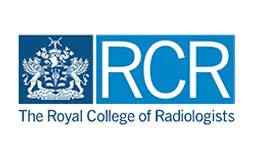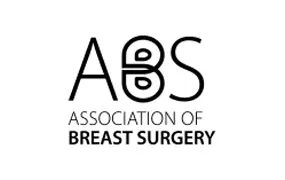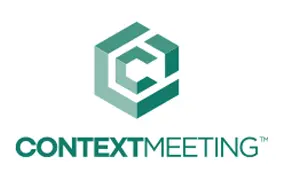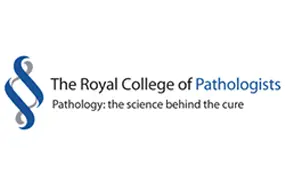Enabling real-time decision making
A big factor in speeding up diagnosis to treatment times is the fact that e-MDTs give real-time notifications when a clinician needs to input on a decision. This ensures swift decision-making without needing to wait for the next e-MDT.
Automated data collection and integration
Gathering together patient records, imaging, and pathology reports slows down decision-making. BBG’s e-MDT platform solves this data fragmentation problem, consolidating data from multiple systems, reducing this manual effort, so clinicians can get to the decision-making quicker. Having all of the documentation in one single central location speeds up decisions further, saving time spent searching for previous discussion notes, imaging, or test results.
Streamlined scheduling and asynchronous participation
The most common cause of delays in patient case management is scheduling conflicts amongst clinicians. BBG’s bespoke e-MDTs have a unique “asynchronous contributions” function, which means that each member of the MDT can upload a comment before the meeting even if they can’t attend. This allows specialists to review cases and provide input at their own convenience, thus reducing scheduling bottlenecks. Structured case discussions streamline communication.
To learn more about how BBG’s revolutionary MDT services address these challenges, read Leading the way in cancer care: Birmingham Breast Group’s revolutionary online MDT services.
Supporting breast cancer management
e-MDTs have been shown to specifically streamline breast cancer management, due to the ability to review pathology reports and imaging much faster. A study involving breast cancer MDTs found that administrative and process issues were among the most frequent logistical challenges, affecting 30% of cases. e-MDTs hugely streamline administrative processes, making sure all the necessary information is available. This reduces delays to treatment planning, leading to earlier initiation of treatment and potentially improved patient outcomes.
Proven enhanced efficiency
A study on MDT performance in Western Sydney reported improvements in MDT efficiency and decision-making processes, leading to more timely patient management.
Improved decision-making quality
Decision-making isn’t just faster – it’s improved in quality too. Research indicates that logistical challenges in traditional MDT meetings, such as administrative and process issues, negatively impact the quality of decision-making. By addressing these challenges through e-MDTs, the quality of information and contributions to discussions can be enhanced.
Integration of DICOM and other clinical tools
The integration of DICOM and other clinical tools within an e-MDT has a huge impact on the efficiency of diagnosis and treatment. BBG’s bespoke e-MDT lets clinicians view and assess medical images immediately within the platform, speeding up diagnosis. The streamlined workflow function also eliminates the need to switch between different systems, cutting down on time and reducing the opportunity for potential errors. The BBG e-MDT system is unique in having an integrated DICOM module as far as we are aware, making this a game-changer for seamless imaging review and faster clinical decision-making.
For more on how BBG’s innovative approach is transforming MDT practices, visit Leading the way in cancer care: Birmingham Breast Group’s revolutionary online MDT services.
Solving common causes of delays
In summary, BBG’s e-MDTs are able to make a significant impact on reducing delays to patient treatment and consequently improving patient outcomes, by reducing data fragmentation and inefficient communication. If you’d like to see how you and your patients could benefit from delay-reducing e-MDTs, please visit birminghambreastgroup.com/.
References
- Soukup T, Lamb BW, Morbi A, Shah NJ, Bali A, Asher V, Gandamihardja T, Giordano P, Darzi A, Sevdalis N, Green JSA. Cancer multidisciplinary team meetings: impact of logistical challenges on communication and decision-making. BJS Open. 2022 Jul 7;6(4):zrac093. doi: 10.1093/bjsopen/zrac093. PMID: 36029030; PMCID: PMC9418925.
- Evans, L., Liu, Y., Donovan, B. et al. Improving Cancer MDT performance in Western Sydney – three years’ experience. BMC Health Serv Res 21, 203 (2021). https://doi.org/10.1186/s12913-021-06203-y

